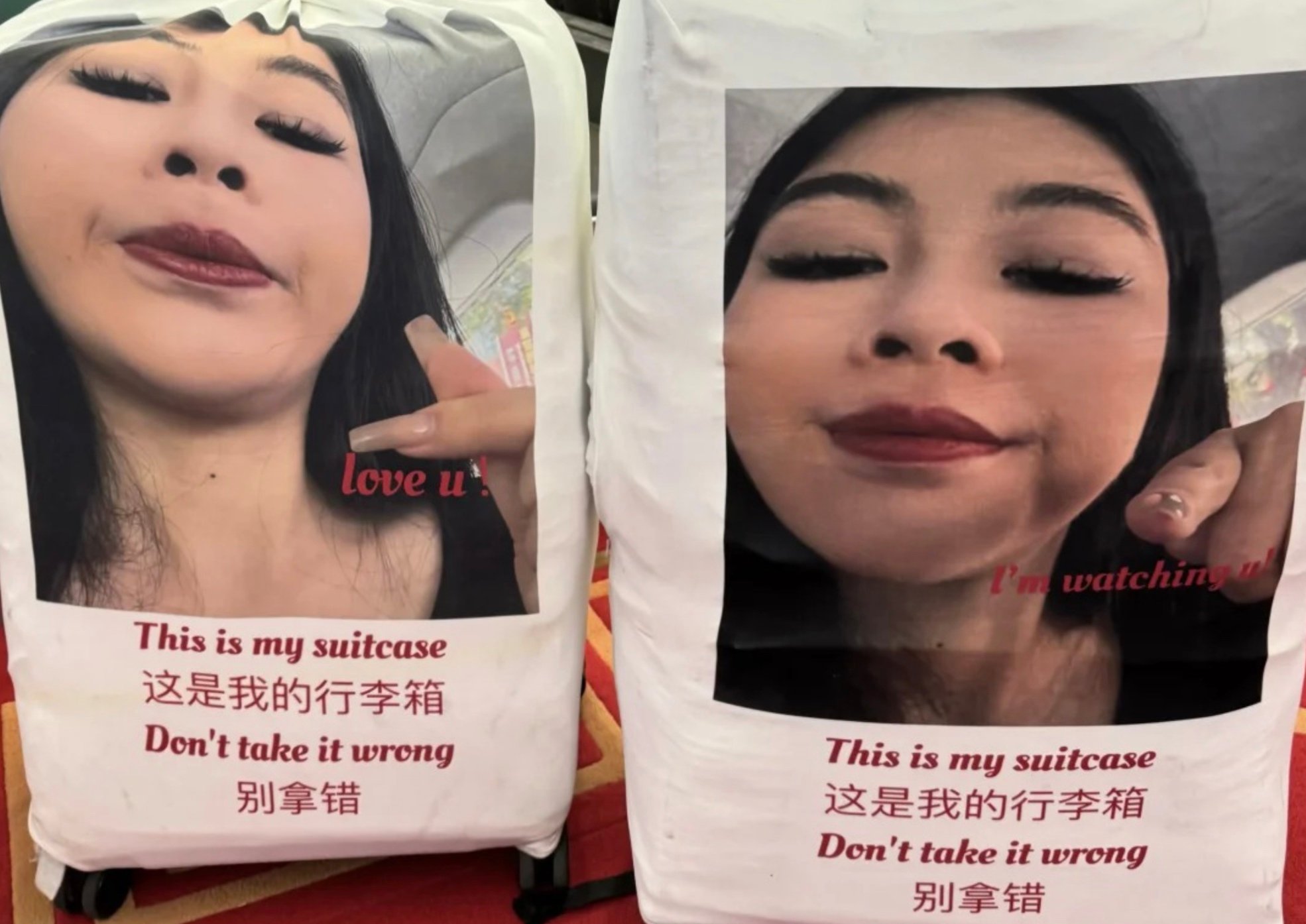On August 4, e-commerce platform Taobao announced online that according to official regulations, it would ban sales of all Japanese-language video games. Or at least, that’s what the headline said.
In the fine print, the announcement itself explained that video game software products weren’t allowed to include any information about being the Japanese-language version of the game in its listed title, pictures, or description. The notice requested that sellers make changes accordingly before August 8. After that deadline, the announcement continued, Taobao would take down or delete products violating these guidelines, and sellers in violation may also have points deducted from their credit-like vendor score.
In short, the announcement seems less like an actual ban, and more like a way to cover up sales of Japanese-language games while appearing to enforce national regulations.
The strangest part of this is that the announcement took the form of a post by a user on Taobao’s announcements message board. Other users initially suspected it was fake, but that user had previously made official Taobao posts, and the post was quickly pinned to the top of the board, suggesting official backing. Taobao customer service also confirmed that the announcement was official.
This so-called ban isn’t really new. Back in March, Taobao announced that it would ban sales of foreign publications, including video games. Unlike the August announcement, the March one became an actual Taobao rule, citing a 2007 regulation regarding incoming printed material and audio-visual products. In this case, Taobao seems to have taken the initiative (or at least tried to appear that way) to enforce the regulation with their announcement. But according to reports, Taobao customer service confirmed that they made the recent announcement because of the request of an official department overseeing China’s video game market.
Some Taobao vendors skirt around these regulations through parallel trading (also known as “daigou”): they buy sensitive games outside of China and privately resell them to customers
So why is Taobao (sort of) banning Japanese-language video game sales? It probably has to do with the fact that foreign games need to be approved to be imported, and require a license to sell. Private Taobao vendors skirt around these regulations through parallel trading (also known as daigou, 代购): they can buy, for example, politically sensitive or overtly sexual games outside of China, and bring them back to privately resell to customers. They also skirt official taxes to do so — users on Zhihu, a Chinese Q&A website similar to Quora, suspect that this is why only Taobao, which mostly consists of third-party sellers, announced the ban.
The ban is also part of a trend of crackdowns on foreign pop-cultural content, which a few months back saw the removal of almost all foreign films and TV shows on video streaming site Bilibili.
In any case, it seems like Taobao’s announcement is sort of working, according to one reporter’s Taobao shopping cart:

However, I did my own quick search for “日文游戏” (“Japanese-language game”) on Taobao today, and still saw some for sale:

So, it seems the jury’s out on how thoroughly this “ban” will be enforced, or how the cat-and-mouse between official commercial regulations and the shadow economies of the Chinese internet might unfold.


















